
A federal judge recently held that false advertising claims related to a “no preservatives” claim on soup labels were not preempted. Although the result is not necessarily surprising, the presented a unique question of first impression. READ MORE
(By accessing, browsing or using the pages below, you agree to the Blog Conditions of Use/Disclaimer available under "Links.")

A federal judge recently held that false advertising claims related to a “no preservatives” claim on soup labels were not preempted. Although the result is not necessarily surprising, the presented a unique question of first impression. READ MORE
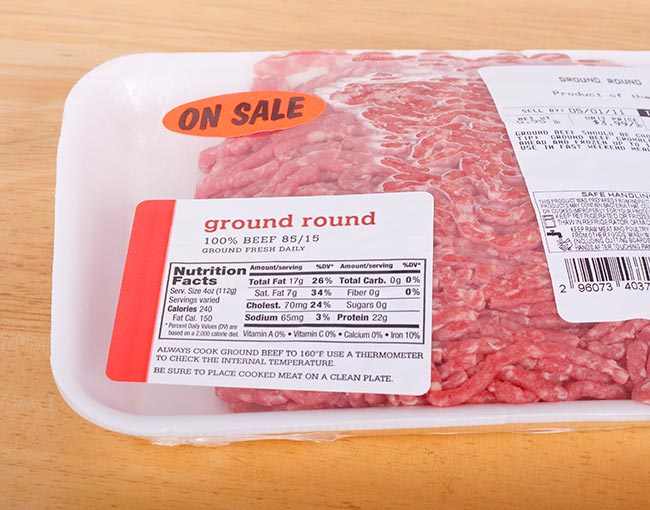
Last month, the District of New Mexico dismissed two proposed class action lawsuits accusing four food industry giants of falsely labeling beef products as “Product(s) of the USA.” Food industry companies must be vigilant in monitoring food labeling regulations to avoid litigation and regulatory scrutiny. READ MORE

Though the jury is out on whether “boneless wings” are appropriately named, one thing is certain – food industry companies must be vigilant in monitoring food labeling regulations to avoid litigation, regulatory scrutiny or simply bad press. READ MORE

On November 16, 2018, the USDA and FDA announced their intention to “jointly oversee the production of cell-cultured food products derived from livestock and poultry.” In this framework, the FDA would oversee cell collection, cell banks, cell growth and cell differentiation. The USDA would then oversee the production and labeling of the food products. READ MORE

A lawsuit is challenging Missouri’s recent law criminalizing the labelling of lab-grown animal cell foods as “meat.” The outcome could have significant effects on the food and livestock industries, and the ability of cell-based meat producers to market their products to consumers. READ MORE

The organic food market is booming, and so is false organic labeling, according to recent reports. Here's a brief overview of organic food labeling and import laws, and how food and agribusiness companies can protect against receiving fraudulently labeled food. READ MORE
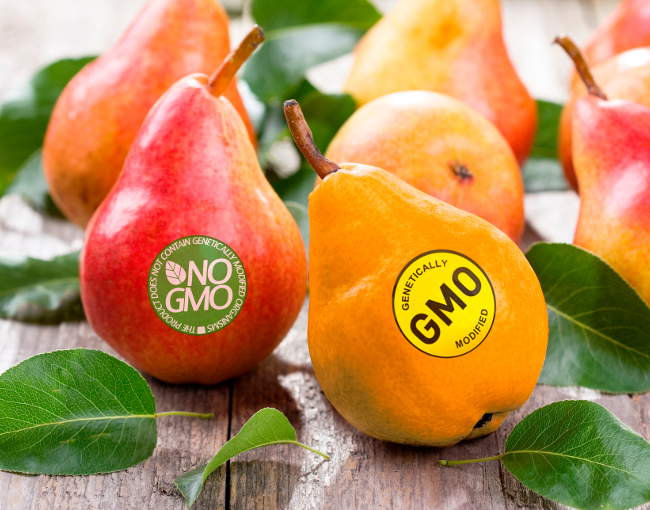
The USDA published long-awaited proposed rules for the National Bioengineered Food Disclosure Standard. Here’s what food companies need to know. READ MORE
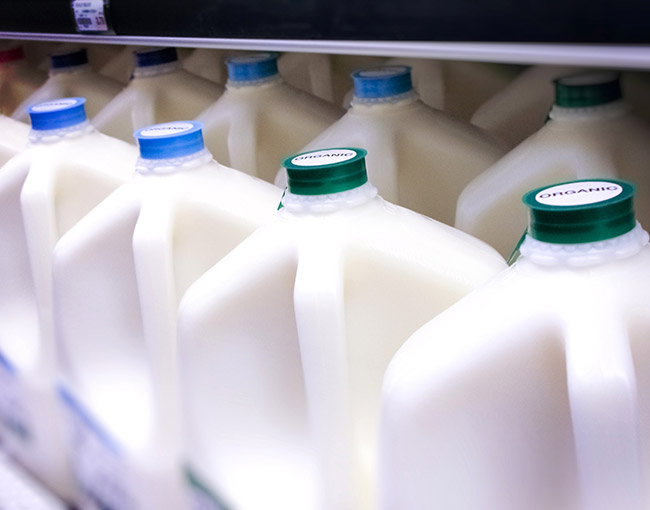
The federal district court for the Northern District of California recently dismissed a putative class action lawsuit, which alleged that Horizon Organic milk containing “DHA” violated California’s unlawful and unfair business practices laws. READ MORE
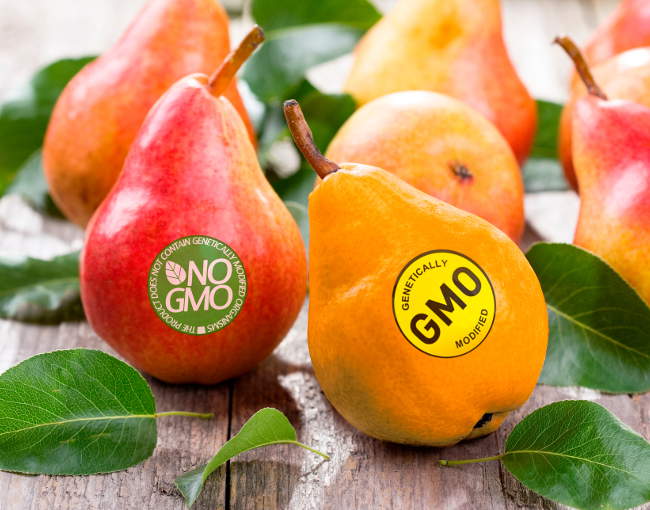
Facing a consumer fraud lawsuit based on your product’s “non-GMO” or “GMO-free” labeling? The USDA’s forthcoming rules on the National Bioengineered Food Disclosure Standard may impact your defense. READ MORE

As food, beverage, and agribusinesses eagerly await the proposed rule on disclosure standard and labeling procedures for bioengineered foods — due in July 2018 — it’s worth reviewing the efforts of the USDA’s Agricultural Marketing Services (AMS) toward determining when and how genetically engineered foods must be disclosed. READ MORE

The Trump Administration’s latest executive orders have effectively prevented the USDA from promulgating rules on GMO food labeling, throwing a wrench in the agency's anticipated plans to give more direction to the food industry about the labeling of bioengineered foods. READ MORE
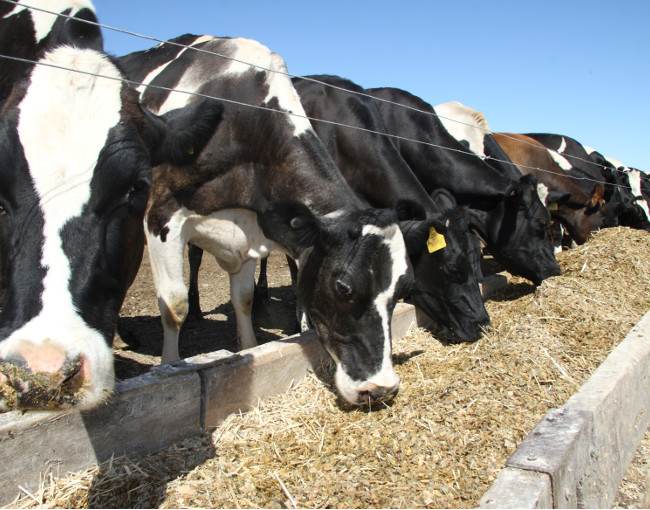
The guidance also provides specific examples of documentation necessary to substantiate certain claims related to (1) animal age, (2) animal welfare and environmental stewardship, (3) breed, (4) diet, (5) living/raising conditions, (6) raised without antibiotics, (7) raised without hormones, (8) source/traceability, and (9) third-party certification. READ MORE
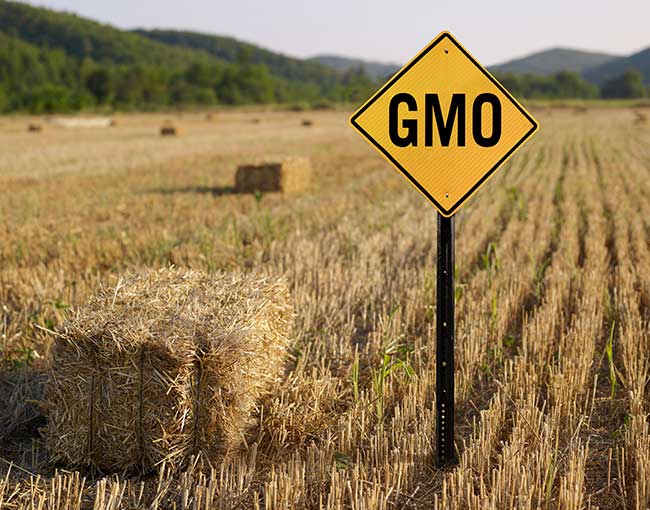
On Friday, July 29, the President signed into law a bill amending the Agricultural Marketing Act of 1946 to insert a provision requiring disclosure (i.e., labeling in some manner) of bioengineered foods. READ MORE

Covering the “Food Fight,” the blog will share timely insights into litigation trends, emerging arguments, and challenges facing the food and agriculture industries. The blog will also cover decisions regarding expert witnesses in food and agriculture litigation and relevant scientific articles. READ MORE
NOTICE.
Although we would like to hear from you, we cannot represent you until we know that
doing so will not create a conflict of interest. Also, we cannot treat unsolicited
information as confidential. Accordingly, please do not send us any information
about any matter that may involve you until you receive a written statement from
us that we represent you (an ‘engagement letter’).
By clicking the ‘ACCEPT’ button, you agree that we may review any information you transmit to us. You recognize that our review of your information, even if you submitted it in a good faith effort to retain us, and, further, even if you consider it confidential, does not preclude us from representing another client directly adverse to you, even in a matter where that information could and will be used against you. Please click the ‘ACCEPT’ button if you understand and accept the foregoing statement and wish to proceed.